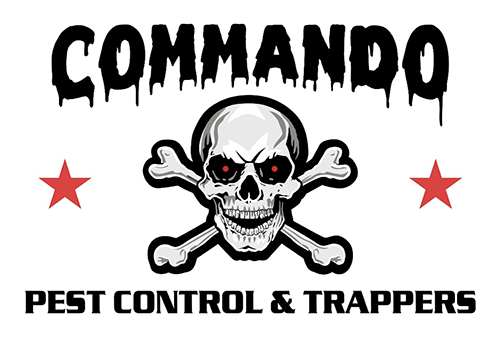When Your Exotic Pet Becomes Too Much To Handle
Non-native animal populations and the physical and environmental threat that they pose is a problem that Floridians have wrestled with for decades. Studies suggest that there are now more exotic animals in private homes than there are in zoos. While most folks think of “exotic” and rare species from far off places, the exact definition is “any undomesticated animal kept in captivity.”
The novelty of owning an exotic pet can be exciting and impressive, at least at first. Unfortunately, the majority of those who bring an exotic animal into their home have no idea how difficult and expensive they can be to care for, or how nearly impossible it is to replicate their natural habitat. Nor do they understand that no matter how long they own their exotic pet, it will never become domesticated, and will only grow more dangerous and unpredictable the older and more significant that it gets. Sadly, this lack of education and forethought leads many well-meaning owners to abandon, euthanize, or – at best– “gift” their exotic pets to increasingly overloaded and underfunded animal sanctuaries.
Common Exotic pets include:
- Large Snakes (most commonly the Burmese Python and Boa Constrictor)
- Red Lionfish
- Primates (monkeys, lemurs, etc.)
- Venomous Spiders and Scorpions
- Crocodiles and Alligators
- Wolves, Big Cats, and Bears
- Common Wildlife (squirrels, opossums, raccoons, skunks, etc.)
Due to abandonment and natural reproduction, Florida is overrun with non-native species like iguanas and snakefish, while ravenous schools of lionfish, with no natural enemies, decimate our sportfishing species and wreak environmental havoc in the Gulf of Mexico. Burmese pythons in the Everglades number in the hundreds of thousands and have been known to kill and devour fully grown alligators. In addition to the obvious threats of bites, mauling, and venom, exotic animals can pose significant health risks to their owners and others. Many of the “pets” carry zoonotic diseases, like Salmonellosis, Monkey Pox, and Herpes B, all of which are cross-communicable to human beings. Abandoned exotics in populated areas won’t hesitate to attack domestic pets and livestock that provide a natural source of food.
Options For Exotic Pet Owners
Keep Them Even if they haven’t determined the long term ramifications of owning an exotic pet. If you do have an exotic, do some homework and find out precisely what it will take in time, energy, and expense to house, feed, and care for your pet in a way that is both safe and humane.
Re-Home ThemWhile this is often the most popular option, we owe it to these animals to make sure that we’re not just making them somebody else’s problem. It’s our responsibility, as owners and caretakers, to make sure that we’re passing our pets along to someone who understands how to care for and can meet the needs of our exotic pet. Another option is to seek out rescue groups, nature centers, or reputable schools that center on educating the public on invasive species. A search on the internet will find groups that specialize in pretty much any species. Although your local animal control office won’t deal with exotic pets, they can be an excellent resource for local groups that may.
Take Them BackSome pet stores will take back exotics that they’ve sold, but don’t expect a refund! If you’re going to offer them to a store other than the one you bought them from, please research the store and take a look around it, your pet deserves better than to end their days in the sterile cage of an uncaring animal mill. In Florida, Fish and Wildlife Conservation Commission hosts Amnesty Days, allowing residents to drop off unwanted exotic pets at various locations, and then try to find them a safe and responsible home.
The Innocent Bystander
If you happen to encounter an exotic animal that’s been abandoned into the wild, never approach it, attempt to feed, or trap it. It’s no longer a pet, but now a dangerous wild animal, desperate and frightened in an unfamiliar environment. Call a professional, who is trained to safely deal with exotic animals, and allow them to do what they do best. If exotic animals or other wildlife have you in a headlock, your best bet is to call the only company that literally knows what that feels like.
Sam Roman of Commando Pest Control & Trappers, aka the world-renowned Kid Romeo, World Wrestling Champion, and NWA Tag Team Champ, can put the sleeper-hold on any exotic pest, trapping and humanely relocating them by the 3-count. Locally owned and operated, Sam and his tag-team of trained professionals are ready to jump into the ring and get in the middle of the fray. We are a Bi-lingual (Spanish) company, and we take pride in being part of the community.
From lock-up to beat-down, at Commando Pest Control & Trapping, we are the A-Team, and the undisputed reigning champion of Orlando pest control, trapping, and exotic animal removal. Call Kid Romeo today, get us in your corner, and let’s get ready to rumble!

